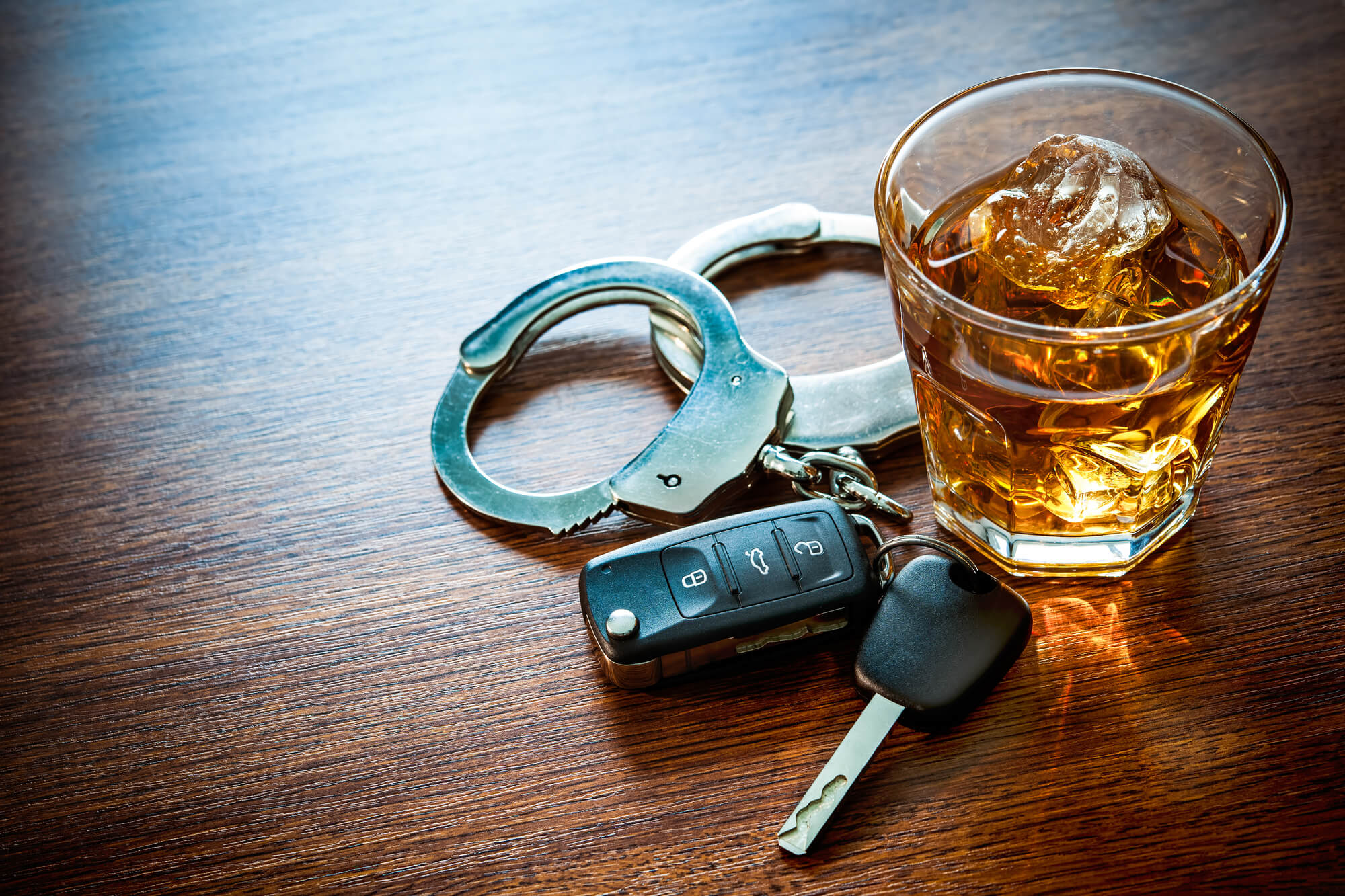No one wants to think about, much less face, getting a DUI. Unfortunately, there are cases where you may be caught driving under the influence, and you should know what you’re up against and how to handle the situation in the best way possible.
The following is are some things to know about getting a DUI, dealing with a DUI and what the consequences might be.
Table of Contents
What Is a DUI?
You may have a general understanding that a DUI means that you’re driving under the influence. There are specifics to be aware of with that.
First, while the specifics may vary it’s illegal in every state to operate a vehicle while impaired. Impairment can include alcohol but also drugs and prescription medications. Along with being called a DUI, which stands for driving under the influence, it may also be called a DWI, which stands for driving while intoxicated.

Terms related to a DUI include:
- Implied Consent: Implied consent is a term relevant in very state. When you get your license, you automatically are implying your consent to submit to being stopped by police officers and taking a test to determine your BAC. If you don’t submit to the test, then you’re considered to be breaking your agreement, and your license can be suspended.
- BAC: This stands for blood-alcohol concentration, which is the amount of alcohol you have in your bloodstream, used as an indication of your level of impairment.
- Drug Recognition Experts: These are professionals who are specifically trained to determine if a driver is impaired, and if so, how much.
Under 21 DUIs
The legal limit in most states is 0.08% BAC. While this is technically the legal limit, some states are lowering it. Also, even if you’re level is at or below 0.08% you can still be charged with a DUI if you seem noticeably impaired. If you are in the group of zero tolerance laws, then you are charged regardless of your BAC. Drivers under the age of 21 are considered to fall into the zero tolerance category, as are people driving with children in the car.
What’s the Process Like?
If you’re arrested because of suspicion of drunk driving, you will be taken to a police station or jail where you’ll be booked. This includes a mug shot, and your fingerprints will be taken. Sometimes you can be released right away if someone picks you up and posts your bail. However, there are states with laws relating to mandatory holding periods—typically while you sober up.
When you’re arrested, you’re given notice of when your court date is.
Usually, if you deny the charges against you, there will be a video of your arrest shown in the courtroom.
While the penalties can vary depending on your situation and your legal representation, in all states if you’re convicted of a DUI you will lose your license and driving privileges for some time.
Some states do have hardships licenses, where you’re able to drive during certain hours to attend school or work, but there are strict limitations on these licenses.
Along with losing your license, there are other potential penalties as well. Paying a fine is the most common, but many states are implementing programs making jail time mandatory with DUI convictions, even for first-time offenders.
Repeat offenders are very likely to have to spend time in jail.
Consequences may also include community service or court referral programs.
Your Record
If you are convicted of a DUI, this will be on your record for years or longer. This is something possible employers will be able to see as well.
If you’re charged with a DUI, it’s important to hire a lawyer quickly. It will be expensive, but the majority of DUI cases involving lawyers don’t go to trial. Typically a prosecutor will work with lawyers on plea deals if you plead guilty. Another option is that your lawyer may be able to negotiate down to lesser charges, but their ability to do this depends largely on the available evidence.
No one wants to face a DUI under any circumstances, but if you do, be proactive in how you deal with it. Learn what the process looks like and hire a good lawyer with experience in DUI cases. As a final note, DUI laws vary from state-to-state so even if you live in a different state from where you got the DUI, you need to find a local attorney in that state.




























